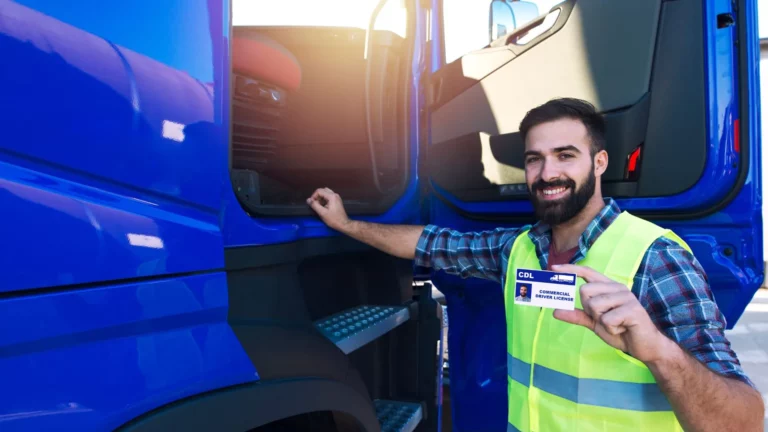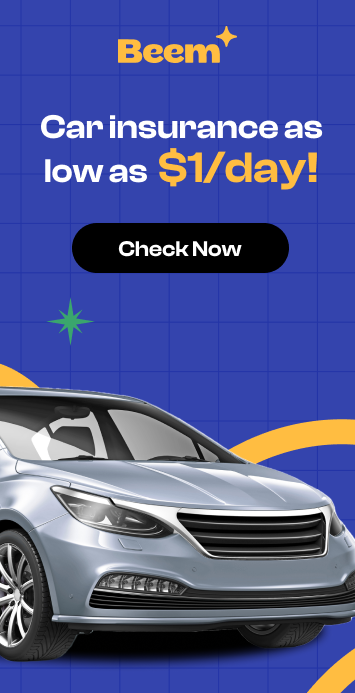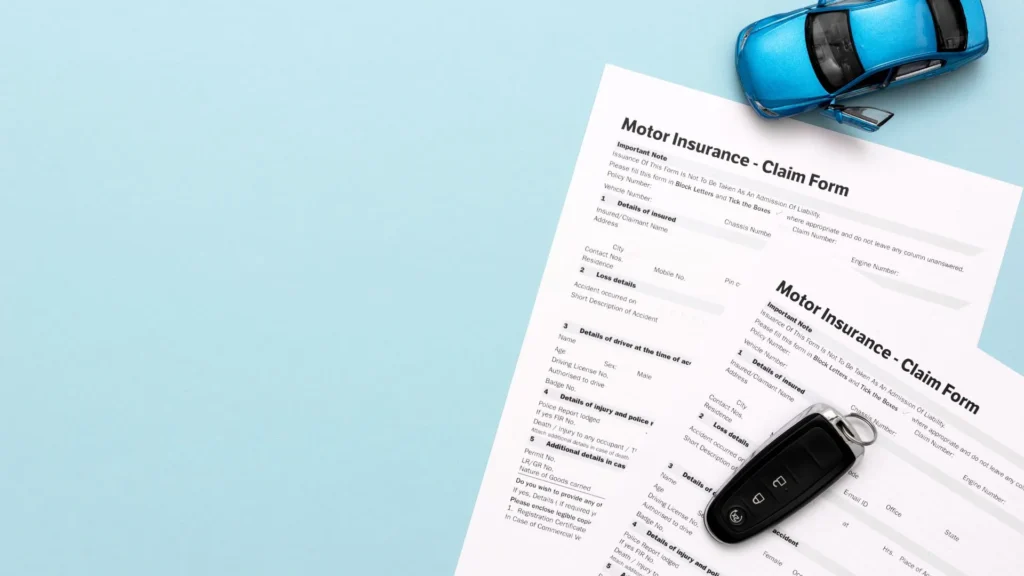Receiving a Commercial Driver’s License (CDL) requires time, effort, and money; understanding commercial and personal policy insurance rates is a necessary step.
Finding out how a CDL affects both of your policies is also crucial while pondering this one question: Does having a CDL lower car insurance? Keep reading to find the correct answer.
Does Having a CDL lower Car Insurance?
No, having a CDL does not typically lower car insurance rates. Car insurance companies generally do not offer discounts for holding a CDL as it does not necessarily reduce insurance risks.
While some companies may provide up to 15% discount for drivers with a CDL, this is not a common practice. The scrutiny and requirements that CDL holders face, such as annual physicals and higher standards for DUIs, do not directly translate into reduced insurance rates.
Potential Benefits of Having a CDL
Obtaining a CDL unlocks various benefits and opportunities for drivers:
- Various Career Paths: A CDL opens doors to working for transportation firms, becoming an owner-operator, or starting a trucking company.
- Job Security: A CDL ensures job stability with increasing demand for drivers.
- Independence and Flexibility: CDL holders can work locally, regionally, or nationally, tailoring their trucking job to fit personal needs and interests.
- Higher Earning Potential: The strong demand for CDL drivers makes earning a competitive wage easier than non-CDL drivers.
- Global Travel Opportunities: CDL holders can explore new cities and travel worldwide, taking advantage of the numerous opportunities that driving offers for nationwide exploration.
Limitations and Considerations
Limitations such as vehicle type and driving conditions should be considered when pursuing a CDL.
While some insurers may offer slight discounts, the additional scrutiny, annual physical exams, and strict DUI standards don’t guarantee reduced rates.
CDL holders, despite elevated standards, aren’t immune to accidents. Aspiring CDL holders should carefully weigh these factors for an informed career approach.
How to Leverage a CDL for Better Rates?
While having a CDL may not cut car insurance rates, optimize benefits by researching insurers with up to 15% CDL-holder discounts.
Maintain an impeccable driving record, adhere to elevated CDL standards, and explore specialized coverage. Seek state grants for CDL training cost relief, and consider paid training programs for valuable experience and potential insurance rate improvements. These proactive steps can enhance the overall impact of a CDL on insurance considerations.
Conclusion
Obtaining a CDL may not directly lower car insurance rates, but it does bring benefits like job opportunities, security, independence, flexibility, and higher earnings.
To maximize its impact on insurance, maintain a clean record and explore insurers with CDL-related discounts. Being informed about insurance and career choices is key to a successful journey in commercial driving.
FAQs
What are the disadvantages of a CDL?
While obtaining a Commercial Driver’s License (CDL) offers several advantages, including increased job opportunities, there are also drawbacks to consider. Firstly, there’s the financial burden of obtaining the license itself. Additionally, the nature of the job often involves long hours of solo travel, which can lead to feelings of isolation. Furthermore, expenses such as insurance premiums may rise due to the nature of the profession. Lastly, the unpredictable schedules of truck drivers can make it challenging to enjoy satisfying meals regularly.
Is CDL worth it?
A truck driving career offers a competitive salary, excellent benefits, and retirement opportunities, providing relief from paycheck-to-paycheck living. CDL drivers can anticipate earning an average of $41,000 in their first year.
Why do CDL drivers quit?
Competitive pay and benefits are important for retaining drivers. Truck drivers may seek employment elsewhere if they feel their time and efforts need to be adequately compensated.
Which CDL pays the best?
The CDL that pays the best depends on various factors, including demand and specialized skills. Among the options available, tanker endorsements offer good pay as they involve transporting liquids. Doubles and triple endorsements allow towing multiple trailers simultaneously and lead to higher-paying opportunities. Additionally, having a hazmat endorsement for transporting hazardous materials can often result in higher compensation due to the specialized knowledge and safety requirements of handling such freight.





























